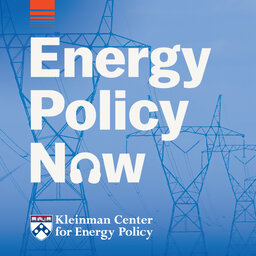The Struggle for Local Control Over Energy Development
Energy projects bring economic opportunity, but host communities often suffer disproportionate health and environmental impacts. An expert in environmental regulation looks at community efforts to exert control over energy development.
---
Communities across the United States are coming into conflict with their state governments over where and how energy projects may be built. The issue has drawn attention in energy-rich states like Texas, where a half decade ago the state government introduced a law that prevented towns from limiting fracking within their jurisdiction. Conversely, last year in Colorado cities and towns gained power to regulate local energy development after a number of previous efforts to assert local authority had failed.
The challenge isn’t confined to fossil fuels. On the renewable energy front, communities have opposed wind, solar and other projects that residents say could bring their own set of environmental problems.
Hannah Wiseman, Dean for Environmental Programs at the Florida State University College of Law, discusses energy development turf wars and the often conflicting priorities of states and the cities and towns within their borders. She also discusses strategies that may help strike a balance between local health and environmental concerns and the larger economic and climate benefits that the development of new energy projects can bring.
Hannah Wiseman is Professor and Associate Dean for Environmental Programs at the Florida State University College of Law. Her work focuses on the role that regulation plays in balancing energy development and environmental quality.
Related Content
Energy Transitions Are Brown Before They Go Green. https://kleinmanenergy.upenn.edu/policy-digests/energy-transitions-are-brown-they-go-green
A Preview of Key Energy Challenges for the 2020s
https://kleinmanenergy.upenn.edu/blog/2020/03/06/preview-key-energy-challenges-2020s
 Energy Policy Now
Energy Policy Now


